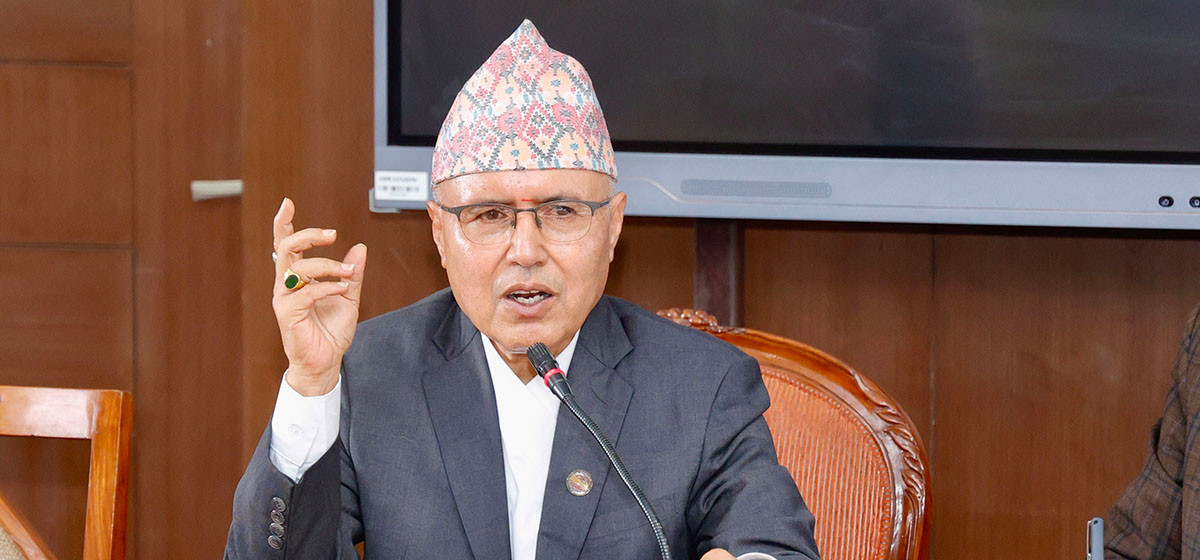KATHMANDU, Sept 19: The Ministry of Finance (MoF) has said that the necessary expenses for the upcoming elections scheduled for March 5 next year can be managed through internal resources, while the Election Commission (EC) has already begun preparations to hold the polls on the prescribed date.
In a meeting with newly elected members of the working committee of the Society of Economic Journalists-Nepal (SEJON), Finance Minister Rameshore Khanal said the government will not have to rely on donor funds to hold the elections. Khanal expressed confidence that the necessary funds could be managed through austerity measures adopted by the government and by curtailing unproductive expenditures.
According to the EC, a total of Rs 7 billion was spent on the elections for members of the House of Representatives (HoR) and provincial assemblies on November 20, 2022. This was Rs 3 billion less than the initial estimated cost.
Financial resource mobilization still more focused in capital c...

Khanal reiterated that the government is committed to holding elections on time. He noted that the government bore costs of Rs 25 billion to conduct elections for all three tiers of government and said that expenses this time could exceed that figure slightly, as necessary structures damaged during the violence following the Gen Z movement will have to be rebuilt.
Upon assuming office, Minister Khanal announced plans to scrap projects not included in the government’s project bank. According to him, this move could save around Rs 110 billion allocated for more than 1,300 such projects.
Similarly, the MoF is also planning to remove projects that have not yet started from the budgetary system. Khanal said projects unable to utilize their allocated funds will be scrapped. He added that Rs 12 billion could be saved by cutting down funds allocated for proposed seminars and conventions.
Meanwhile, the MoF is preparing to present the ‘Business Recovery Plan’ to the Council of Ministers for final approval. “The recovery plan has been prepared with the participation of all stakeholders, not just the government,” Khanal said.
Through the recovery plan, the government aims to establish a fund to provide assistance to families of those who lost their lives, finance the reconstruction of public infrastructure, and support the rebuilding of private-sector infrastructure destroyed during recent unrest. “While the majority of these expenses can be managed from the government budget, crowdfunding may be mobilized if additional resources are needed,” Khanal added.




































